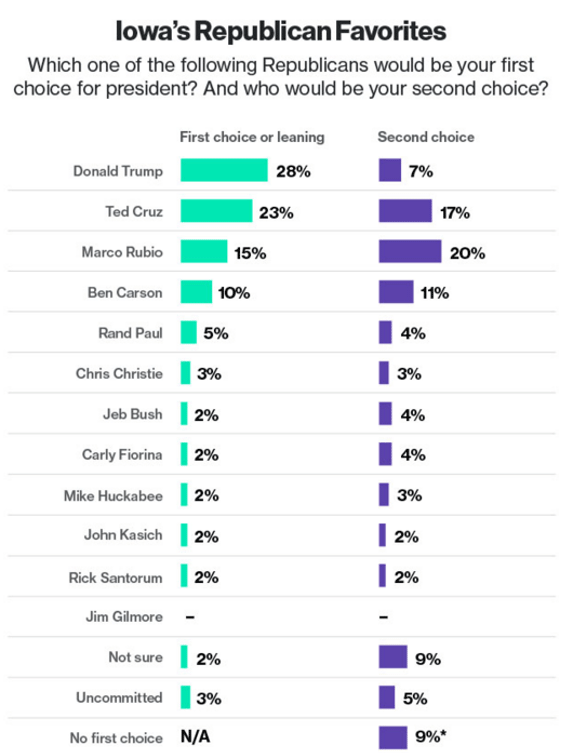[guest post by JVW]
In another update of the never-ending annals of lunacy, Amherst College announced yesterday that it will immediately cease using the Lord Jeffery mascot that has represented the school for roughly a century. The announcement came via a tediously long missive issued by the Board of Trustees, who cast the final vote to condemn Lord Jeff, and signed by the board’s chairman. Let me try to provide some snippets, starting with the statement’s first paragraphs:
During the past several months President Biddy Martin and the members of the board of trustees have had scores (all right, hundreds) of communications from alumni, students, and others about the matter of Lord Jeffery Amherst. The communications reflect and embody many points of view. A lot of them begin with something like the following: “I know there are far more important issues facing the College, but….”
And I agree—with the first part of the sentence and also with the “but.” The controversy over the mascot may seem small in itself and yet in many minds it’s symbolic of larger issues. The controversy is bound up with feelings about matters as specific and recent as the protests at the College last fall and as broad and old as the College’s mission and values. It’s bound up with personal memories and personal experience. [. . .]”
From there it lapses into a disquisition on the history of the college, its vision of itself as a special place (which colleges, pray tell, think of themselves as merely ordinary?), and the inevitably of conflicts among a large and diverse group of students and alumni before finally coming around to the hosannas to diversity that are de rigueur in the modern higher education complex:
The history of Amherst has a clear direction: it is toward ever-greater range and inclusion—regardless of any student’s means—and toward making that range and inclusion work as an educational and social reality. We started out as an institution to prepare indigent youths for the ministry, then broadened out into a liberal-arts institution that prepared students for every walk of life. We were a local institution that became a regional institution and then a national and global one. We were all male and then became coeducational. We were predominantly white and now have a student body in which four students out of ten identify themselves as persons of color. [. . .]
Now we are at 2016. Amherst is one of a handful of institutions at the forefront of an enterprise that is both urgent and overdue: making the finest liberal-arts education available to the kind of diverse population this country actually has, and doing so in a residential setting that functions as a true community.[ . . .] But the task is not easy, nor should we expect it to be.
And then we come to the issue of the mascot, Lord Jeffery, named for Jeffery Amherst, First Baron of Montreal, who in 1760 defeated the French in Quebec and drove them from Canada, who almost replaced General William Howe as commander of British forces in America during the Revolutionary War, and who was called upon to put down the Gordon Riots when British Catholics were targeted by anti-papists in 1780. The bucolic college town of Amherst, Massachusetts was named for Lord Amherst in 1759, one year before he became Governor-General of Canada, though the college (chartered in 1821) was named for the town itself.
Amherst, who had fought against the Six Nations tribes in the Great Lakes region, had at one point in the 1760s suggested delivering smallpox-infected blankets to the tribes as a way of spreading the disease among the tribes, and a few historians have presented evidence that the plan may have been carried out to some effect. From the relatively security of a quarter-millineum later, we are now free to excoriate Amherst and declare him persona non grata. From the letter:
Lord Jeff was adopted unofficially by students as a mascot roughly a century ago. The College itself has never officially adopted Lord Jeff as a mascot—or adopted anyone or anything else as a mascot, for that matter. [. . .] Thinking about [the smallpox blanket suggestion] leads immediately into gnarly debates about how we understand history, about the very nature of war, about the weight we give to words and actions, and about who has standing to render moral judgments.
If you’re guessing that they will decide that today’s Social Justice Warriors have standing to render these moral judgements, you would be correct.
. . . What is beyond dispute is that the symbolic figure of Lord Jeff has become a source of division among us today. In part the division reflects the impressively broad constituency that is the College and the alumni body. Almost all students (85 percent) and faculty, and more than half of the 6,000 alumni who voted in a recent ballot (52 percent), have an unfavorable view of Lord Jeff as a College symbol. About 38 percent of voting alumni have a favorable view.
That a majority of the voting alumni have an unfavorable view is telling, though earlier in the letter the total living alumni of the college are pegged at 23,000, so there are 17,000 of them who presumably aren’t bothered enough by the mascot to make the effort to cast a vote against it. They do not say how many total undergraduates bothered to vote, but is it so hard to believe that the voting would skew heavily towards those who want to see the mascot go? At this point, the board’s letter actually brings up the most salient argument for making the change:
So Amherst College finds itself in a position where a mascot—which, when you think about it, has only one real job, which is to unify—is driving people apart because of what it symbolizes to many in our community.
And so, Lord Jeff is consigned to the ash heap of history, though the board makes it clear that they have no interest in trying to police continued informal use of the mascot by students and alumni (at least for the time being, that is):
Lord Jeff as a mascot may be unofficial, but the College, when its own resources are involved, can decide not to employ this reference in its official communications, its messaging, and its symbolism (including in the name of the [Lord Jeffery] Inn, the only place on the campus where the Lord Jeffery name officially appears). The Board of Trustees supports such an approach, and it will be College policy. The Inn’s new name will reflect its deep connections with Amherst College and the town of Amherst. Beyond that, people will do as they will: the College has no business interfering with free expression, whether spoken or written or, for that matter, sung. Period. We hope and anticipate that understanding and respect will run in all directions.
On the face of it, this doesn’t seem like a horrible decision. The mascot was never officially adopted by the college, so this is probably not on the order of the bitterness felt by some Dartmouth alums when the college dropped their Indians mascot, nor is it too similar to the issue faced by the University of North Dakota when the NCAA bullied them into changing from the Fighting Sioux to the Fighting Hawks. But the problem, as we continually have seen, is that today’s crybullies refuse to take “yes” for an answer. The left is very good at playing the long game; what they don’t get today they simply come back for tomorrow. How long before the very name of the town of Amherst and the college named for it are called into question? Just as today’s obsession with microaggressions and safe spaces began with yesterday’s demands for punitive speech codes, what is going to happen when we start insisting upon judging historical figures from the Eighteenth Century by the standards of the Twenty-first? If you don’t think this is likely, note that the crybully left has been agitating for the University of Massachusetts to change its mascot from the Minutemen for nearly 20 years now. One of these days some foolish chancellor is going to enlist in the crusade.
– JVW




